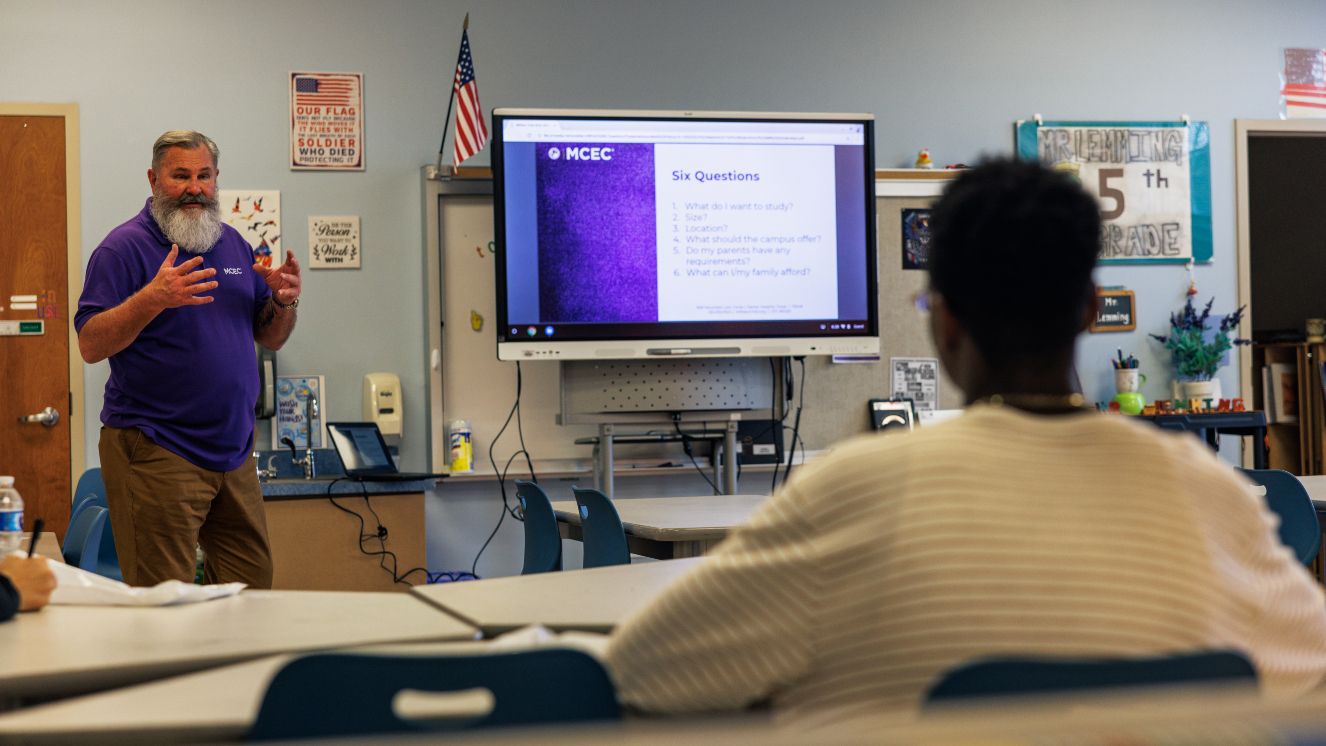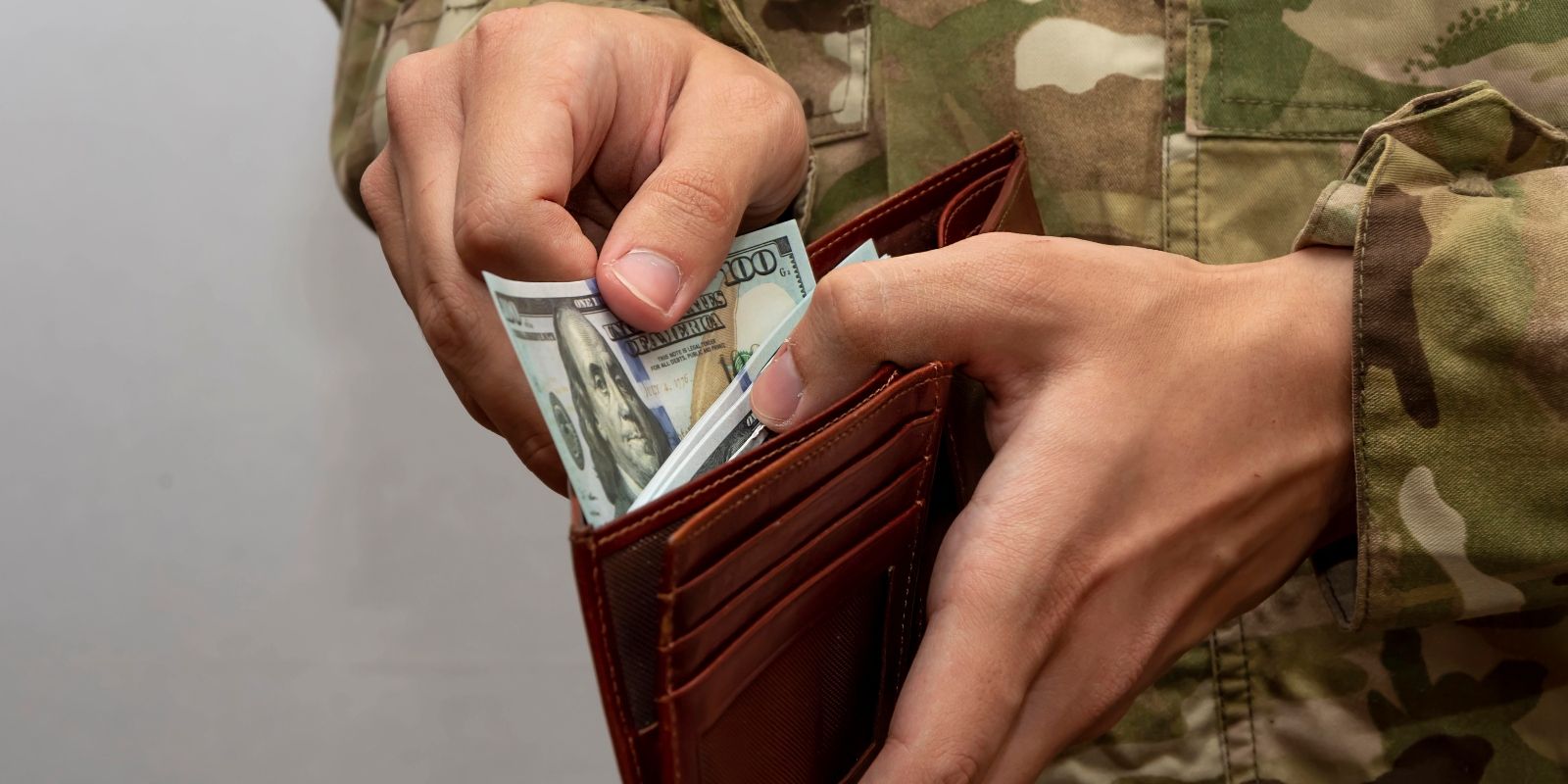WHEN MARINES SCREAM "OORAH" THEY'RE ACTUALLY IMITATING THIS SOUND
COMMENT
SHARE

Military life and civilian life have plenty of differences, and as a result, there are many things that simply don’t translate. This doesn’t just include the technical side of things but also the rituals, traditions, and nuances that come with serving in any organization. But you don’t have to be a Marine to know the call “Oorah!” It’s a calling card of Devil Dogs and continues to be used throughout the service, in movies, video games, military commercials, and many other forms of media. But what does it mean? Where does the call come from? Surprisingly, this bit of jargon is actually imitating another sound related to the Marine Corps, and a jarring sound you’ve likely heard regardless of your service record. Related: The Montford Point Marines Were the First Black Marines to Serve
What Does Oorah Mean?
“Oorah” comes from the noise of a klaxon horn which is known for its distinctive “Ahoogah” sound. This sound would be heard during the Korean War thanks to the submarines that made up the 1st Amphibious Reconnaissance Company. When the subs would go under the water, an intercom would announce this by yelling “dive, dive!” over the speaker, but because this wasn’t enough to alert everyone all the time, a klaxon horn would also wail. This would spark the trend of imitating the noise until it was shortened into the “Oorah” we know today. The call would end up being used throughout training to motivate fellow Marines to work harder. It became a calling card of the Marines and because having a Marine “Oorah” is easier than yelling the actual klaxon noise, the term stuck. There are often misconceptions about the call. The largest being that the “Hooah” shouted by Soldiers in the U.S. Army and the “Oorah” by Marines are the same. They are not, and if you don’t believe us, go ahead and try explaining to either group why they’re wrong then report back about how that conversation went. Nevertheless, the meaning of 'Oorah' traced back to its roots shows that recon Marines took an annoying, yet important sound, and created an impactful rally cry that has stood the test of time.
Why Do Marines Say Oorah?
https://www.youtube.com/watch?v=li3lIJV7eE8 It may surprise a lot of people to learn that the reason Marines say “Oorah” comes from the sound of klaxon horns. That first onomatopoeia imitating the klaxon somehow shortened its way to the call we know today. But as important as the origin is, so too is exploring the various reasons people think started the trend. Suggested Read: How WWI Turned Marines Into Devil Dogs The “Oorah” meaning has been linked to other origins, but they are sadly the results of misinformation. A primary example is the fact that many Marines believe that it comes from the Ottoman word meaning “kill.” Others believe it to be a battle cry was birthed from an old call from Mongolia, and there are even some that suggest that Marines used the term during World War II while being treated in Australia for injuries. It’s hard to say for sure that none if not all of the previous variations or thoughts of origin didn’t have some sort of influence, but the most compelling origin with the most truth on its side remains a simple tweak on a loud noise from a horn. If one were to pinpoint the exact origin of “Oorah” it would also likely come down to a man named John R. Massaro. Serving as the 8th Sergeant Major of the Marine Corps, John R. Massaro was a part of the 1st Marine Division, Reconnaissance Company during the 1950s. His use of the phrase while serving as a drill instructor at Marine Corps Recruit Depot San Diego is thought to be a key reason that the term was adopted then and grew in popularity.
Can Non-Marines Say Oorah?
The beauty of America is that we live in a country founded upon freedoms including the freedom of speech. Using the Marines' “Oorah” call is usually acceptable for both those serving in the Marine Corps as well as those outside of the branch. Now, how you are received when using the call is up to the individual. While the ramifications are unlikely to be negative, you may be grilled, jeered, or generally messed with if you are determined to not truly be genuinely tuned into the community. But this is normally in good jest. Unlike Semper Fi, which is a bit more formally used exclusively within the Marine Corps, “Oorah” is an interesting, fun way to raise spirits and spread camaraderie. Built off of encouragement among the force, this motivational exchange continues to be a tradition to this day. Read Next: Code Talkers: The Native American Secret Weapons of WW2
Join the Conversation
BY BUDDY BLOUIN
Buddy Blouin is a Contributing Writer at VeteranLife.com
Buddy Blouin is a Contributing Writer at VeteranLife.com



